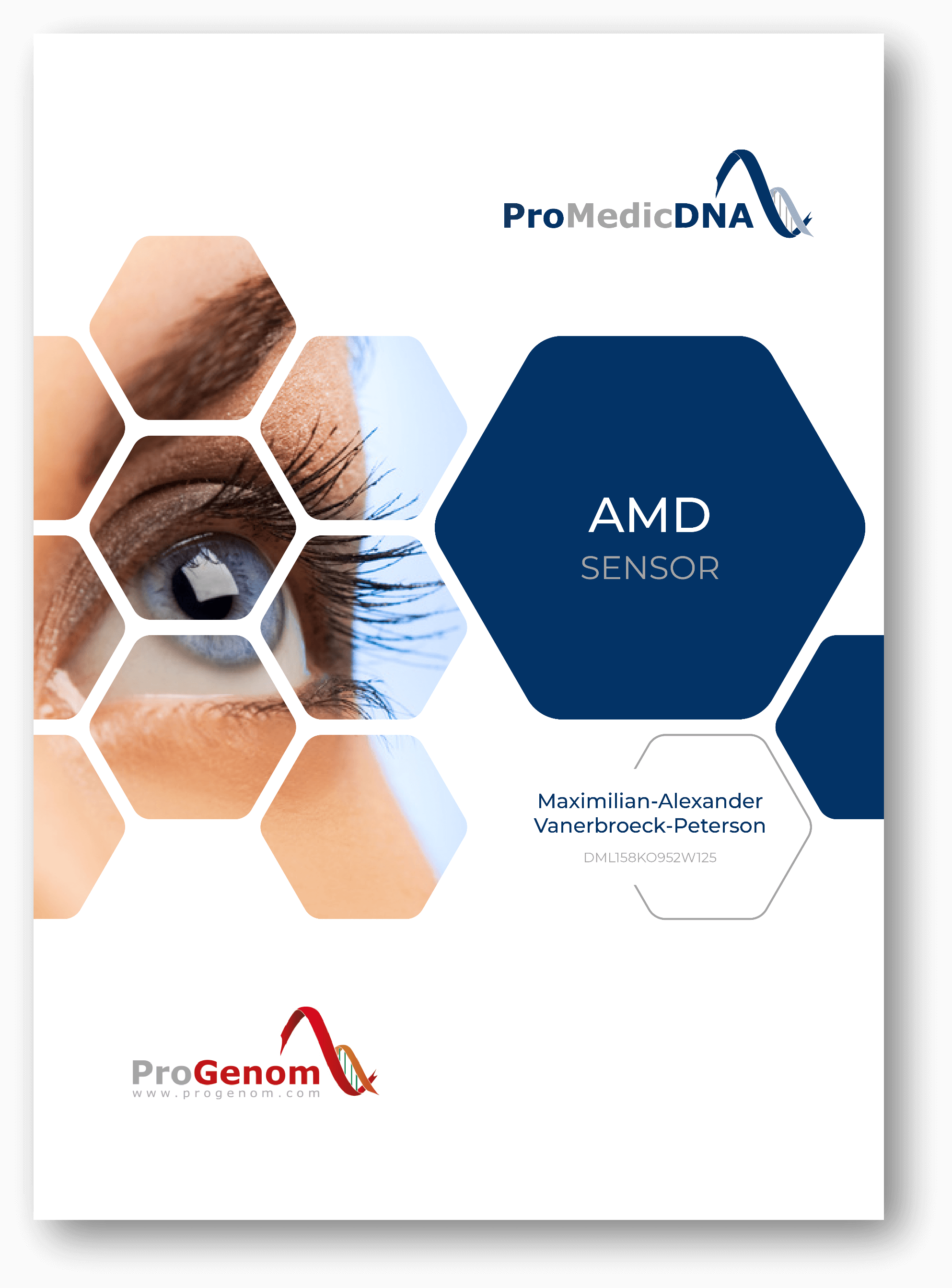Periodontitis – The Leading Cause of Tooth Loss in Adults
Periodontitis, commonly referred to as gum disease, is one of the most common oral health problems, alongside cavities. It is a bacterial infection of the supporting structures of the teeth (the periodontium). Unlike simple gingivitis, periodontitis affects not only the gums but also the bone and tissues that support the teeth. According to experts, around 80% of people over the age of 35 are affected by gum disease.
The most common symptoms of periodontitis include red, swollen, or bleeding gums, the formation of pockets between the gums and teeth where bacteria can grow, bad breath, and gum recession that exposes the roots of the teeth, making them more sensitive.
If left untreated, chronic inflammation will gradually destroy the tissue surrounding the teeth, causing gum recession and eventually spreading to the bone, which can lead to tooth loosening and even loss. Since it often causes no pain, periodontitis can progress silently over the years. Today, periodontitis is no longer seen as a purely localized disease; it can affect the entire body by increasing the risk of heart attack, pneumonia, or diabetes.
Causes of Periodontitis
Several factors contribute to the development of periodontitis, with oral hygiene playing the most significant role. Inadequate oral care can lead to bacterial plaque that irritates the gums, causing an inflammatory response. What starts as simple gingivitis can turn into a non-reversible condition that requires lifelong treatment.
Additionally, certain genetic mutations can trigger an overreaction of the immune system, making severe periodontitis possible. A genetic test can determine your personal risk for periodontitis and provide timely prevention advice.
How Does Our Periodontitis Sensor Work?
With our Periodontitis Sensor, our laboratory analyzes your submitted saliva sample for five genes associated with the development of periodontitis. We also examine four gene variants that influence whether a titanium dental implant will be rejected or provide long-term tooth replacement.
Our genetic analysis helps you implement necessary preventive measures early, treat any existing periodontitis, and assess the risk of implant rejection.
We compile the analysis results into a clear report that includes concrete preventive recommendations and assists in deciding whether an alternative to expensive implants may be a better option for you.
In this way, our Periodontitis Sensor contributes to your oral health and raises awareness for effective prevention.
Periodontitis Sensor Overview
- Analysis of 5 genes relevant to periodontitis
- Assessment of personal risk for periodontitis
- Evaluation of the likelihood of titanium implant rejection
- Reliable & ISO-certified testing process in our laboratory
- Written evaluation of the test results
- Recommendations for effective prevention and healthy teeth



























